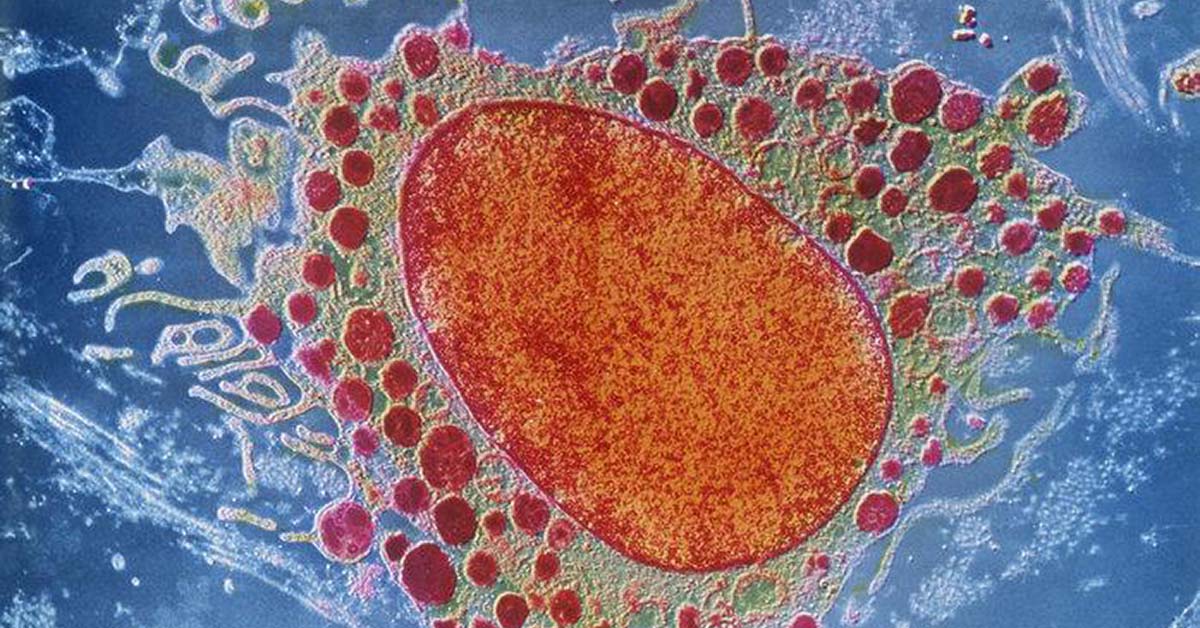A study published in The Journal of Clinical Investigation could potentially lead to blood tests that predict which patients will respond to allergy therapy and drugs that block a specific protein to prevent food allergy reactions.
To understand the findings, we need to go back to 2012 when professor Toshiaki Kawakami, MD, PhD, from the La Jolla Institute for Allergy and Immunology reported that a protein named histamine-releasing factor (HRF) played a pro-inflammatory role in asthma, in essence an “asthma amplifier.”
Yesterday, his group published an extension of their work to show that HRF also acts as an “allergy amplifier.” “Our new paper confirms that once triggered by allergens, HRF proteins bind to IgE and then both synergistically activate mast cells and enhance inflammation,” says Dr Kawakami.
To show this, Kawakami’s team engineered mice to be allergic to egg protein, then treated some of them with an orally-administered HRF inhibitor they developed. They then exposed the treated and untreated mice to egg protein. As expected, the untreated mice developed diarrhea and signs of gut inflammation, but the treated mice suffered less severe symptoms and their mast cells showed reduced allergen reactivity.
“The fact that orally-administered HRF inhibitors can prevent development of food allergy in a mouse strongly hints that we could create similar medicine to treat humans with food allergy,” says Tomoaki Ando, PhD., the study’s first author and now an assistant professor at Juntendo University in Tokyo.
The team observed higher than normal levels of IgE antibodies highly reactive to HRF (HRF-reactive IgE) in the blood of children with egg allergies, a strong hint that HRF contributes to food allergy in humans like it does in mice.
Kawakami’s team is working to develop HRF inhibitors and testing them on mice with the goal of developing therapies that will decrease a patient’s risk of anaphylaxis should they ingest an allergen.
“I hope to see protection for patients who go to a restaurant and don’t know what ingredients are in the food,” says Kawakami. “In the future, they might take an oral inhibitor as a preventive measure. Our biggest concern for these individuals remains anaphylaxis—it’s potentially lethal.”






Would love to have something so that I could eat red meat again. I’ve had the alpha gal allergy for over 8 years.